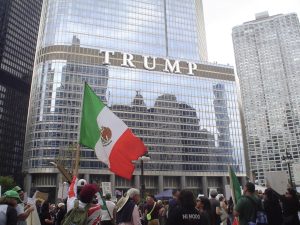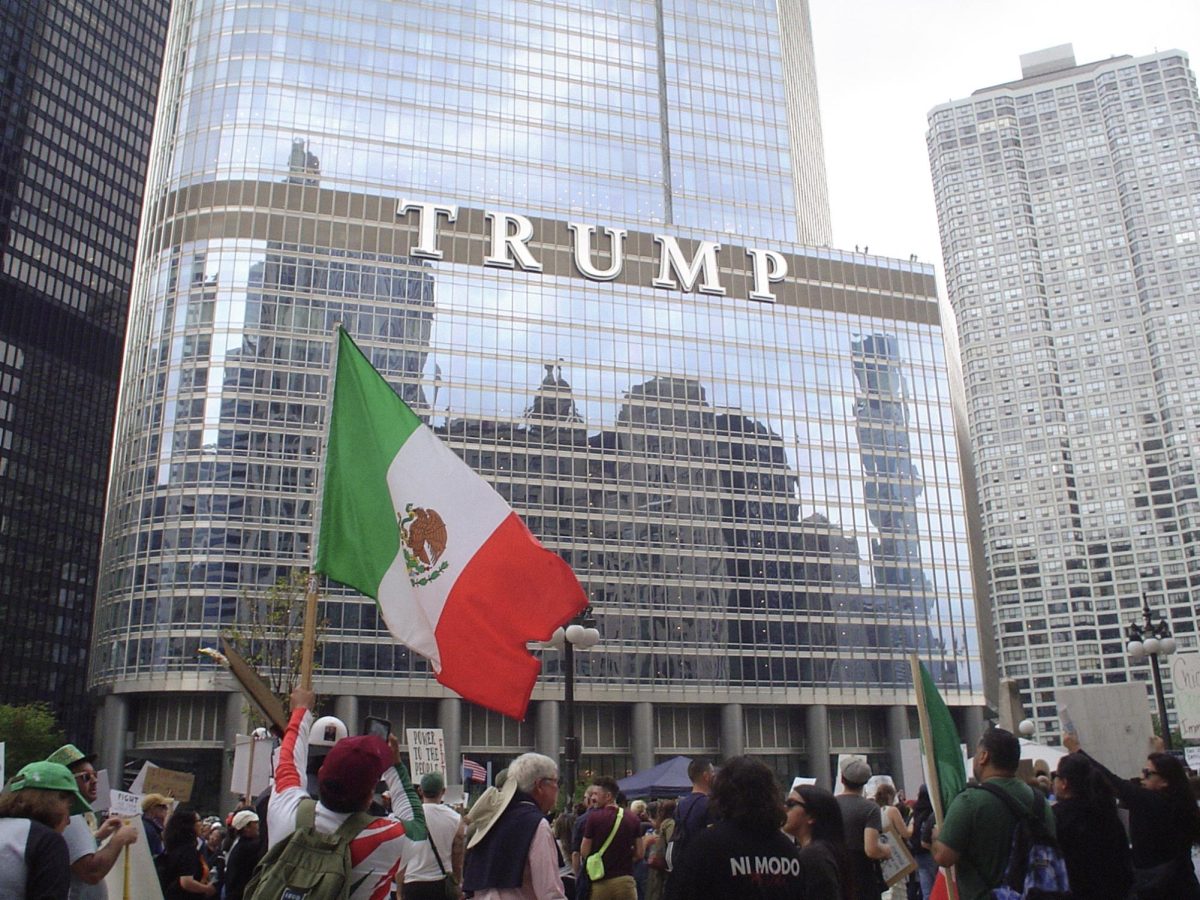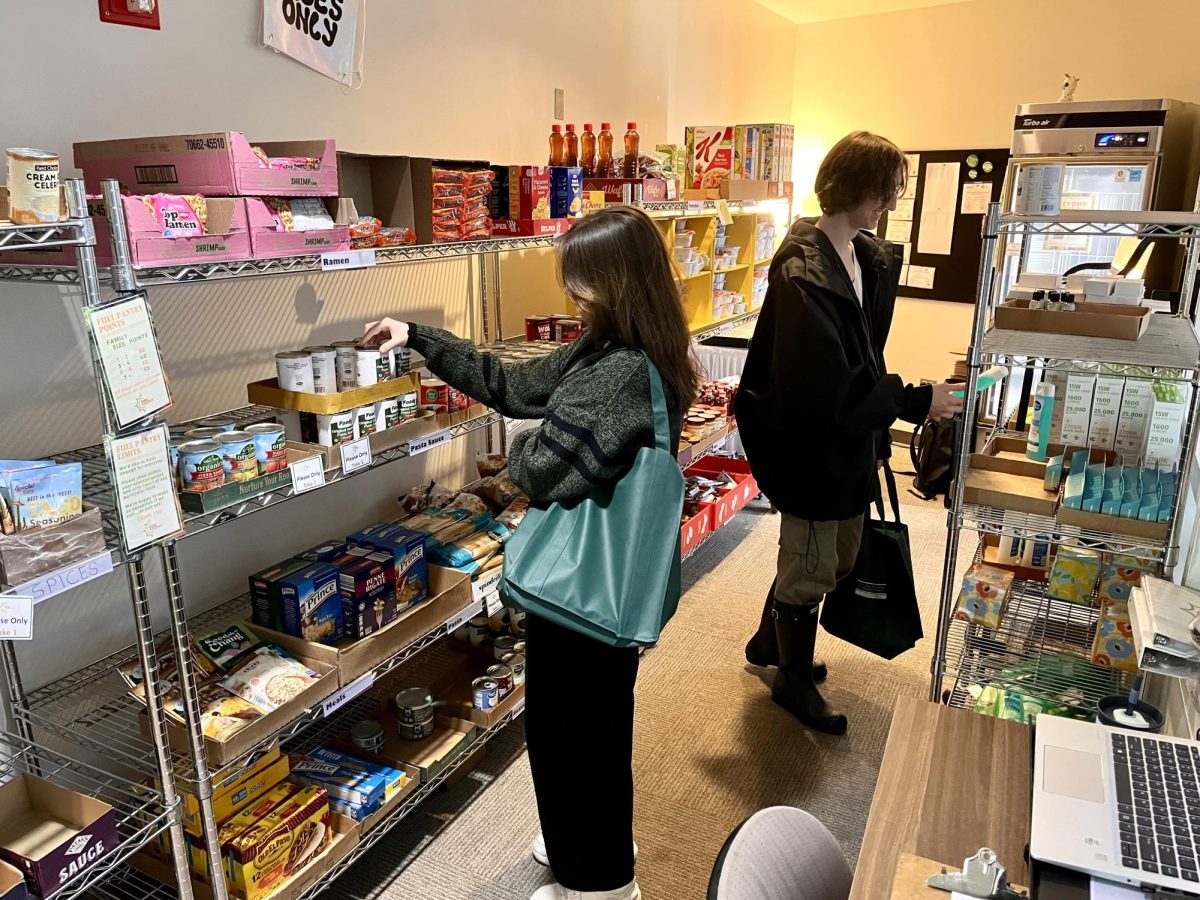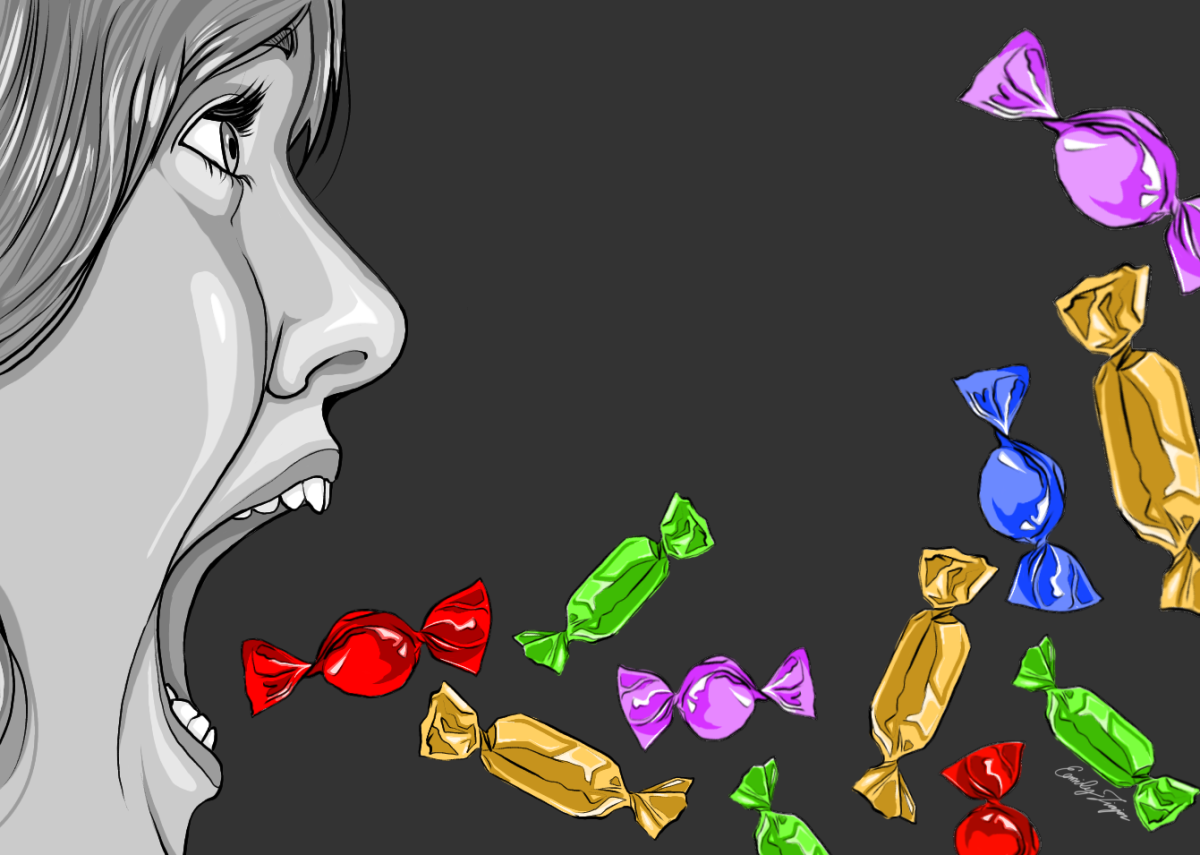In Remembrance: Michael Lang and Meat Loaf
Mourning the loss of two of music’s most innovative and transformative individuals who paved the way for musical insights.
January 31, 2022
Over the holiday break, we lost two of music’s most endearing and driven individuals: Michael Lang, one of the co-founders of The Woodstock Festival, died on Jan. 8 from non-Hodgkin’s Lymphoma; while notorious “Bat Out of Hell” singer Meat Loaf died on Jan. 20 from medical conditions that were potentially COVID related. These two creative geniuses impacted generations of music fans over a lifetime. Lang introduced the world to the most prolific, enduring and memorable festivals recorded in music history. Meat Loaf shaped the world of rock and metal through diverse and transcending music. He further extended his talents into an endearing and successful acting career. Both individuals set out on influential and historic journeys that created cultures comprising various generations of music fans as a following.
Michael Scott Lang was born in Brooklyn, N.Y. on Dec.11, 1944. He grew up in the middle-class area of Bensonhurst. Lang attended New York University and the University of Tampa. In while in Florida, he opened a head shop in Coconut Grove, Miami. Inspiration would soon change for Lang as he became heavily invested in the growing music scene and wished to be integrated into the industry by any means necessary. He eventually became a promoter for the 1968 Miami Pop Festival that hosted celebrated and historic artists such as Jimi Hendrix, Steppenwolf, Blue Cheer and Frank Zappa’s Mother of Invention. Later that year, Lang moved to Woodstock, N.Y., meeting three individuals- Artie Kornfeld, John P. Roberts and Joel Rosenman, who would come together to create a musically innovative and historic weekend on the farmland of Max Yasgur in Bethel, N.Y.
The weekend’s lineup included notable music acts such as Creedence Clearwater Revival, The Jimi Hendrix Experience, Jefferson Airplane, Janis Joplin, and a newly introduced act named Crosby, Stills, and Nash. These were just a few of the influential artists who performed as the rise to the hippie counterculture and people tuned in, turned on, and dropped out to the humbling sounds that reflected an ideal world of prosperity, hope and tenderness. The festival gave way to monumental and renowned moments that are continuously celebrated to this day.
Soon after the festival, Lang and Kornfeld ended the business partnership following a $1 million settlement in debts from the Woodstock event. Lang continued pursuits in music, creating his own record label, “Just Sunshine,” that signed acts such as Karon Dalton and Betty Davis along with managing Joe Cocker. Woodstock was revitalized in both 1994 and 1999 with controversy centering around the 1999 event that involved riots, fires, violence and reported cases of sexual assault.
A 50th anniversary for the festival was set for 2019 but was canceled because of a legal battle with the fest’s financial adviser. Nevertheless, Lang lived a life that was fully invested into the wonderful and vicarious sounds music has to offer while being able to share those heartfelt and emotional experiences with others, shaping the world of music as we know it.
Michael Lee Aday, formerly known as Meat Loaf, was born in Dallas, Tex. on Sep. 27, 1947. His musical career took form while participating in local bands in L.A. throughout 1967. In 1970, Aday moved to New York and appeared in various broadway musicals such as “Hair,” “Rockabye Hamlet” and “The Rocky Horror Show,” while continuing to be integrated into the rock scene with his notorious band “Rainbow.” Aday’s actorial debut was in the cult classic 1975 film “The Rocky Horror Picture Show.” In 1977, Aday and lyricist Jim Stienman would create the highly esteemed and praised rock opera album “Bat Out Of Hell” that ended up selling 50 million copies around the world, tying with AC/DC to be the second-best selling record of all time. The tour that followed became an instant success, but at a cost with Aday’s voice becoming increasingly strained to the point where the musician couldn’t sing for nearly 2 years until coming back for his sophomore record “Dead Ringer” in 1981. Throughout the 80s, Aday remained distant as his next four records gained minimal success. But this did little to interrupt the progress he had already gained as a professional entertainer.
He was reunited with Stienman in 1993 and the two recorded “Bat Out Of Hell II” which went No. 1 in the United States and United Kingdom. It now has a record-breaking 22 million copies already sold. Aday’s creative contributions in the creation of an operatic rock album further extended the musically diverse efforts made previously by Queen’s 1975 album “A Night at the Opera” that contained one of their most enduring and treasured hits “Bohemian Rhapsody.” The obscure and high pitched vocals portrayed by both Aday and Steinmann would aid in forwarding the progression of rock and heavy metal music throughout the better part of a century that laid a foundation for other bands to follow. Aday’s contributions to the film scene included roles such as Travis Redfish in 1980’s “Roadie,” a pilot in 1986’s “Out of Bounds” and his minor role as testicular cancer support group member named Robert Paulsen in the highly commercialized and successful 1999 film “Fight Club.” What will be most remembered about Aday is his resilience and commitment to the world of entertainment as he aimed to inspire and engage audiences in his various acts of creative expression through means of sound, image and voice. His role in the rock and metal community will endure to an even greater degree following his recent passing.
R.I.P. Michael Scott Lang and Meat Loaf.
Both you and your musical ventures will forever be missed.




















